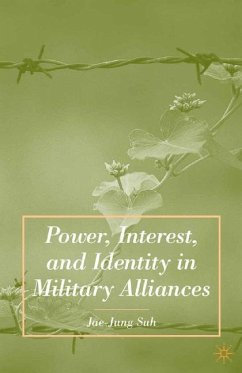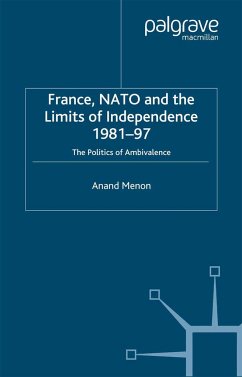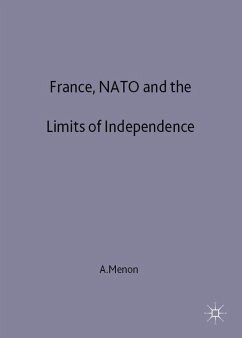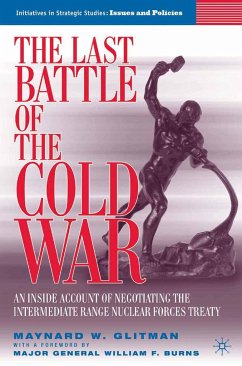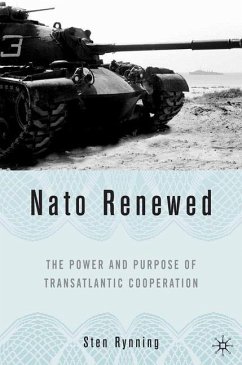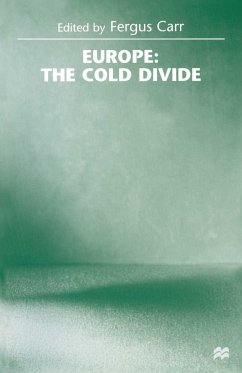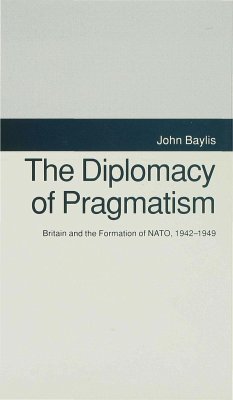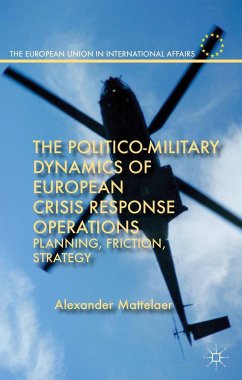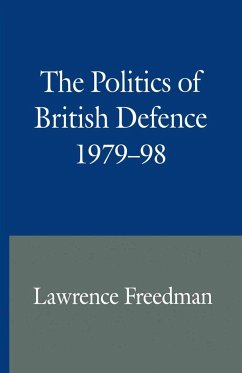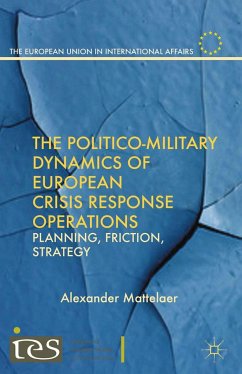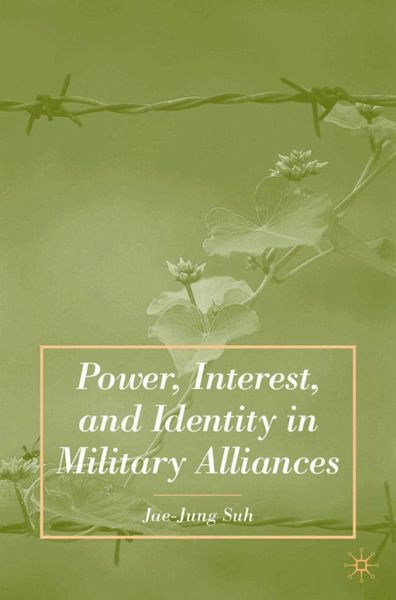
Power, Interest, and Identity in Military Alliances
Versandkostenfrei!
Versandfertig in 6-10 Tagen
38,99 €
inkl. MwSt.
Weitere Ausgaben:

PAYBACK Punkte
19 °P sammeln!
This book looks at U.S.-Korea relations and argues that military alliances depend upon a combination of power distribution, material assets, and identities. The author asserts that beyond being mere tools of power balancing, alliances are also impacted by material and institutional practices that constitute the identity of allies and adversaries.





